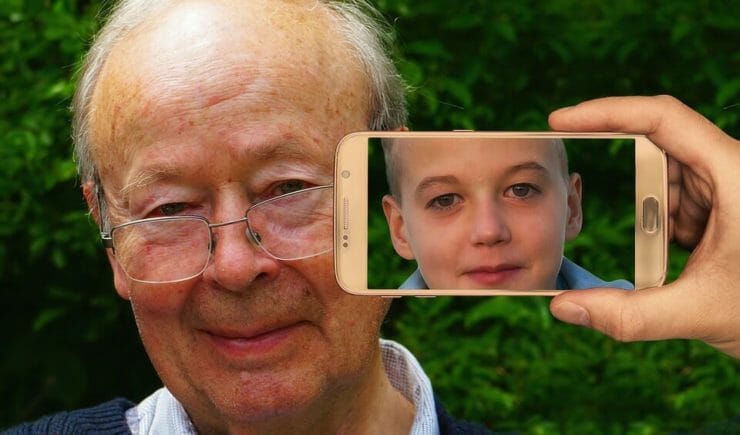
Children are born into this world needy and helpless. They are born without the ability to speak, without the ability to express their feelings clearly, without the ability to satisfy their own essential needs or change anything in their world. They are equipped with one skill to rule their world – crying.















